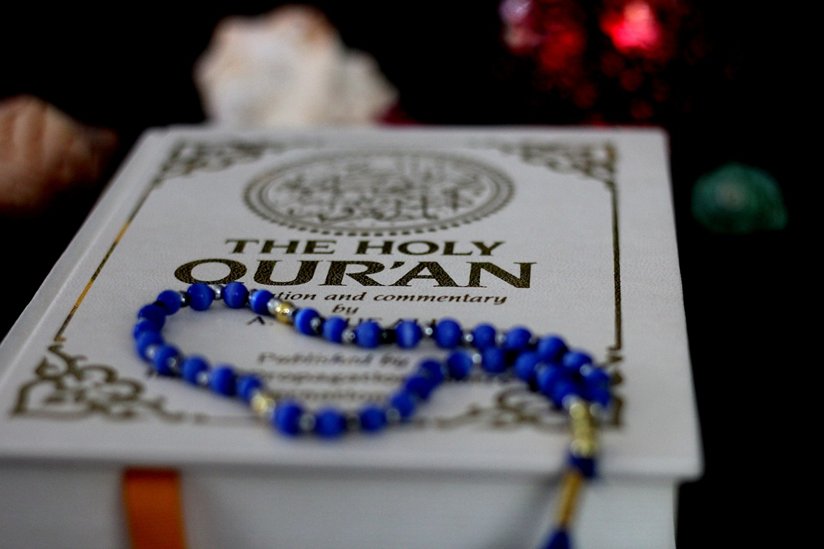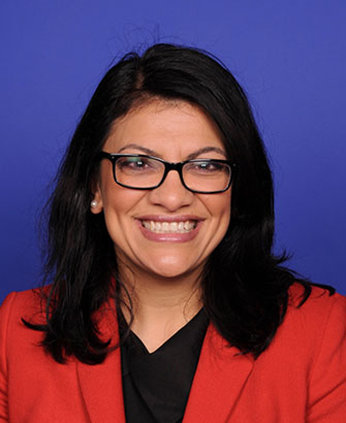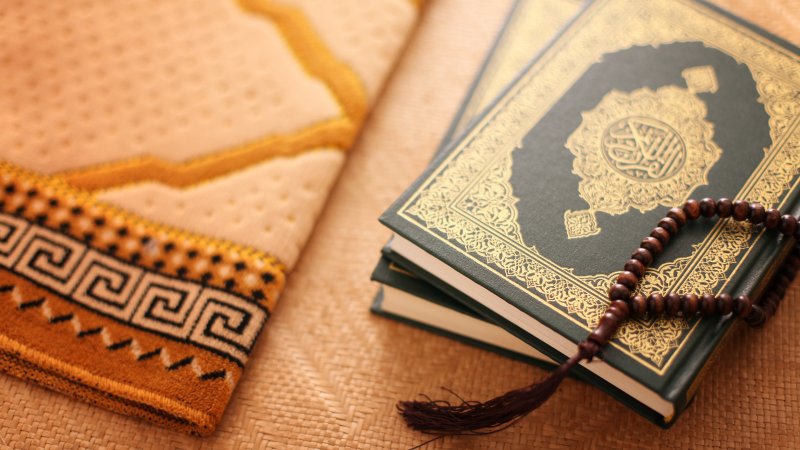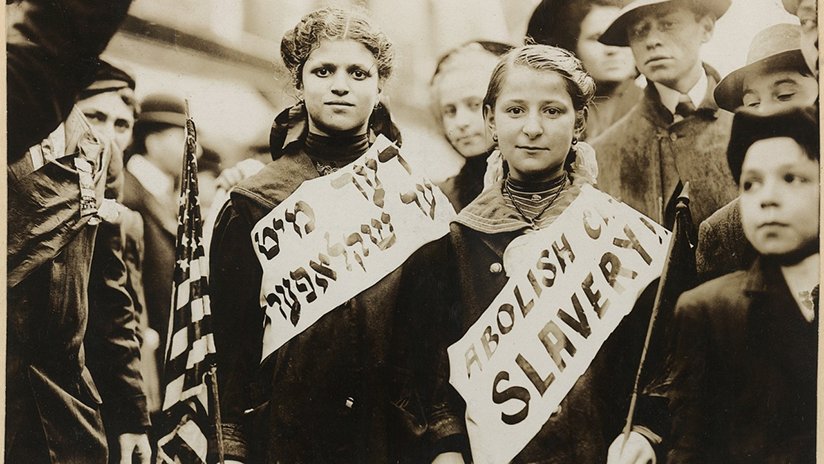
-
HOME
-
WHAT IS STANDOur Mission Our Values Our Help Contact
-
WHAT WE FIGHT FORReligious Freedom Religious Literacy Equality & Human Rights Inclusion & Respect Free Speech Responsible Journalism Corporate Accountability
-
RESOURCESExpert Studies Landmark Decisions White Papers FAQs David Miscavige Religious Freedom Resource Center Freedom of Religion & Human Rights Topic Index Priest-Penitent Privilege Islamophobia
-
HATE MONITORBiased Media Propagandists Hatemongers False Experts Hate Monitor Blog
-
NEWSROOMNews Media Watch Videos Blog
-
TAKE ACTIONCombat Hate & Discrimination Champion Freedom of Religion Demand Accountability
The Quran: Paving the Way in the Land of the Free
On January 3, 2019, history was made when Rashida Tlaib and Ilhan Omar were sworn into the House of Representatives holding the Quran instead of the Bible. Ms. Tlaib had requested permission to use the copy once owned by Thomas Jefferson, a translation from 1734 that resides in the Library of Congress. Her plea unleashed a tidal wave of reactions, including a torrent of abuse on Twitter. “THIS IS BULL****!!!! AMERICA IS VANISHING!!!!” wrote one tweeter. “There should be a law that you swear on a Christian Bible or not serve at all. You live in America, and our Constitution rules our Republic,” spat another Twitterer.

But one of the most violent and hateful retorts I saw was this one: “It’s the book of Satan and should not be allowed in the United States they all should be gathered up and burned.” Luckily, a Twitter account holder with a much greater command of English grammar came forward and reacted to the astonishing demonstration of bigotry and bitterness, responding with: “Ah, a book burner. Did you notice who that Koran originally belonged to? Thomas Jefferson. Freedom of religion, ever hear about it? Book of Satan? Your hatred precludes you from being a Christian. Jesus Christ wasn’t about hate.”
Just over 200 years ago, Congress purchased Thomas Jefferson’s private library from his plantation, Monticello, in Virginia. Of course, this American Founding Father and third president of the United States is well known for his Declaration of Independence, a beacon of hope for liberty and equality. But one of Jefferson’s great opuses was the Virginia Statute for Religious Freedom. In the few fragments that have survived of his autobiography, he explains that he intended this statute to protect “the Jew and the Gentile, the Christian and Mahometan, the Hindoo, and infidel of every denomination.” A worthy ambition. We can only hope he applied the statute to the 600+ slaves he personally owned throughout his lifetime. But one thing is for sure: many members of that imported labor force may well have had a greater understanding of the Quran than Jefferson himself.
The origins of Islam in the U.S. today trace back to one simple concept, one word, three syllables: sla-ve-ry.
A little tidbit that many may not be aware of is that early America was incredibly diverse in terms of religion. Some scholars have estimated that one in five men and women brought to the Americas to be slaves were Muslims. This may have represented tens of thousands of people. So Islam was, to some degree, part and parcel of life in the United States in the 18th and 19th centuries. Plantation owners had a practical reason for luring followers of Islam to their soil: they needed these laborers as they were skilled at growing indigo and rice. This accounts for the many Muslim names and religious titles peppering the slave inventories and death records of that era.
Many such slaves were posted up in the press as examples of Muslims who had converted to Christianity when, in fact, this was probably far from the truth: fear of ostracism and persecution drove them into keeping their true religion hidden or even buried. Some found their way around this oppression by practicing syncretism (the amalgamation of different religions, cultures or schools of thought). One example of the latter was a Senegalese slave named Omar ibn Said. Among his many writings, he translated the 23rd Psalm into Arabic, importing into it the first words of the Quran.
It is undeniable that the original presence of Islam on American soil was a result of our forefathers’ own actions, importing Muslims as slaves. So when bigots rail against this so-called “book of Satan” in 21st-century America, they should stop and take the time to consult a history book or two: besides the fact that the United States purports to promote freedom and tolerance, supposedly welcoming any faith, the origins of Islam in the U.S. today trace back to one simple concept, one word, three syllables: sla-ve-ry.

When Ilhan Omar joined Rashida Tlaib in the House of Representatives at the beginning of January, 2019, wielding a huge copy of the Quran, she became the first Somali-American in Congress. A person of color and a Muslim, Omar fled Somalia as a child and emigrated to America at the age of 13. “My election win offers a counter-narrative to the bigotry in the world,” she recently declared.
And so it is that by admitting these two Muslim women into the bosom of the legislative body of the United States of America, Jefferson’s will, expressed in his Virginia Statute for Religious Freedom, has to that degree been fulfilled. As it states: “…no man… shall be enforced, restrained, molested, or burthened in his body or goods, nor shall otherwise suffer on account of his religious opinions or belief; but that all men shall be free to profess, and by argument to maintain, their opinion in matters of religion…” By the same token, it promotes the very ideals that motivated Jefferson to co-author the Declaration of Independence—a spirit of freedom (religious and otherwise) dictating that Americans have a right to determine their own destinies, representatives, truths and creeds.









